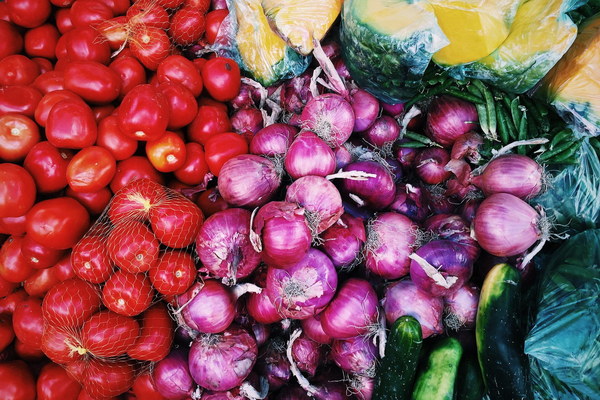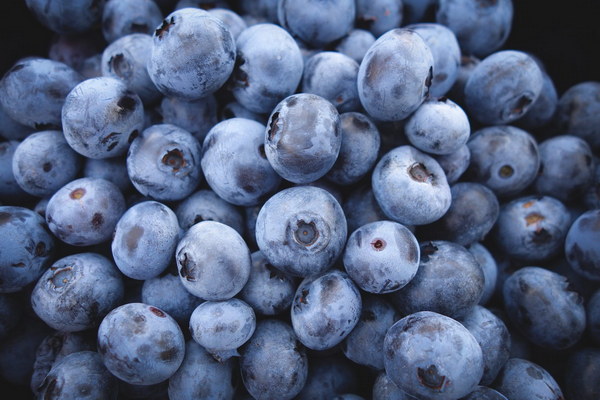Warming Up Their Days Nutritious Meal Supplements for Preschoolers During the Winter
As the cold winter months settle in, the need for a robust and nutritious diet becomes even more crucial for young children. Preschoolers, with their rapidly growing bodies and developing minds, require a well-balanced meal to stay warm, healthy, and active. To address this need, many communities and educational institutions implement meal supplementation programs specifically designed for preschoolers during the winter season. This article explores the importance of these programs and the benefits they bring to the young ones.
The Importance of Winter Meal Supplements for Preschoolers
Winter brings a host of challenges that can affect a preschooler's health and well-being. Cold weather can lead to a higher risk of infections, as the immune system may be weakened due to reduced sunlight and lower temperatures. Additionally, the colder months can make it more difficult for children to participate in outdoor activities, which are vital for their physical development.

Meal supplementation programs are designed to ensure that preschoolers receive the necessary nutrients to combat these challenges. By providing a warm, well-balanced meal, these programs help to maintain a child's energy levels, support their immune system, and promote healthy growth.
Benefits of Winter Meal Supplements
1. Enhanced Immune System: A nutritious meal rich in vitamins and minerals can strengthen a child's immune system, reducing the likelihood of winter illnesses such as colds and flu.
2. Healthy Growth: Proper nutrition is essential for a child's growth and development. Winter meal supplements ensure that preschoolers receive the right balance of calories, proteins, and essential fats.
3. Improved Concentration and Learning: A well-nourished child is more likely to be alert and focused during learning activities. Winter meal supplements can help improve concentration and cognitive development.
4. Social and Emotional Well-being: Sharing meals with peers can promote a sense of community and belonging. These programs often provide an opportunity for children to interact with their classmates, fostering social skills and emotional development.
5. Economic Support: For many families, the cost of nutritious food can be a burden during the winter months. Meal supplementation programs can alleviate some of this financial strain, making it easier for families to afford other essentials.
Implementation of Winter Meal Supplements
The implementation of winter meal supplementation programs varies from one community to another. Some programs are run by local governments, while others are managed by non-profit organizations, schools, or religious groups. Common elements of these programs include:
- Nutritious Meals: Meals are designed to be high in protein, vitamins, and minerals, with a focus on whole grains, fruits, and vegetables.
- Consistency and Accessibility: Meals are often provided on a daily basis, ensuring that children receive the necessary nutrition every day of the week.
- Inclusion of Special Diets: Programs often cater to children with dietary restrictions or allergies, ensuring that all children can enjoy the benefits of the meal supplementation.
- Parental Involvement: Many programs involve parents in the planning and execution of the meals, promoting a sense of ownership and community.
Conclusion
Winter meal supplementation for preschoolers is a vital component of ensuring that these young learners have the energy and nutrition they need to thrive. By providing a warm, nourishing meal, these programs not only support physical health but also foster social and emotional well-being. As the winter months approach, it is crucial for communities to recognize the importance of these programs and work together to ensure that every preschooler has access to the nutrition they need to grow and learn.









